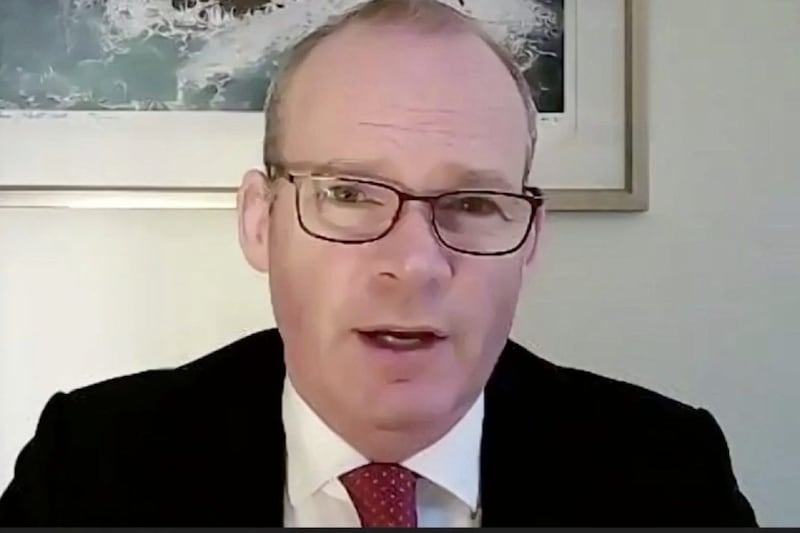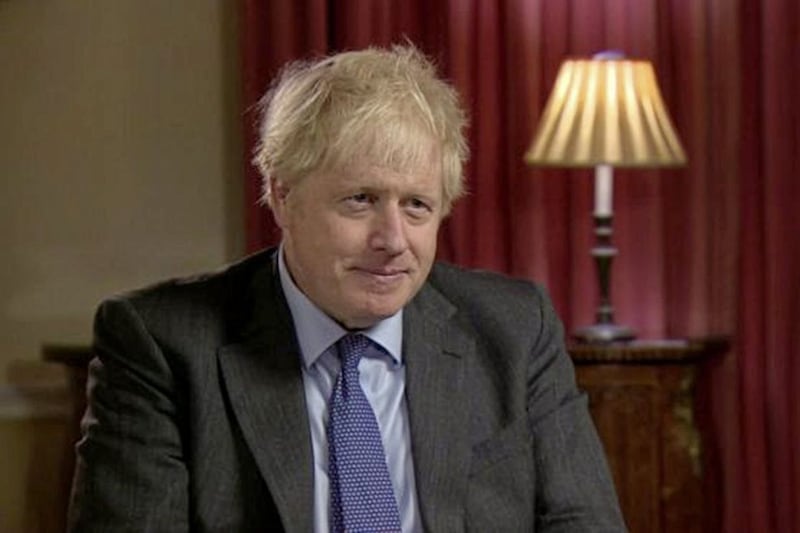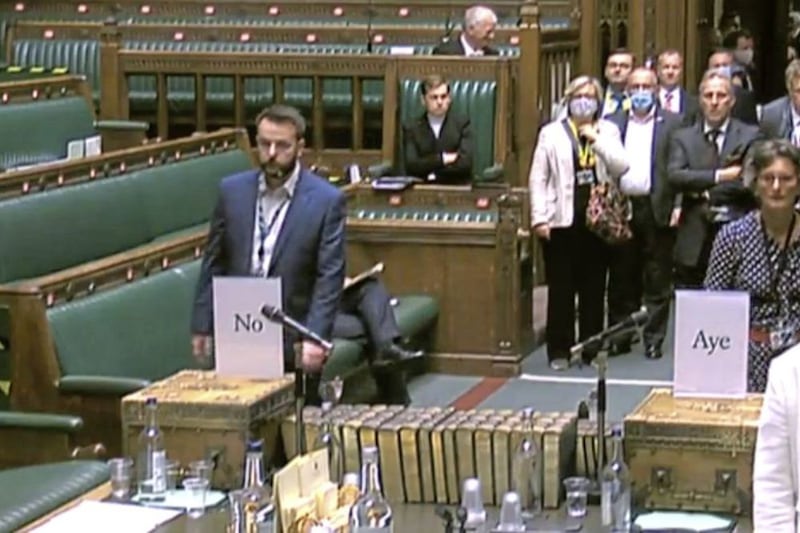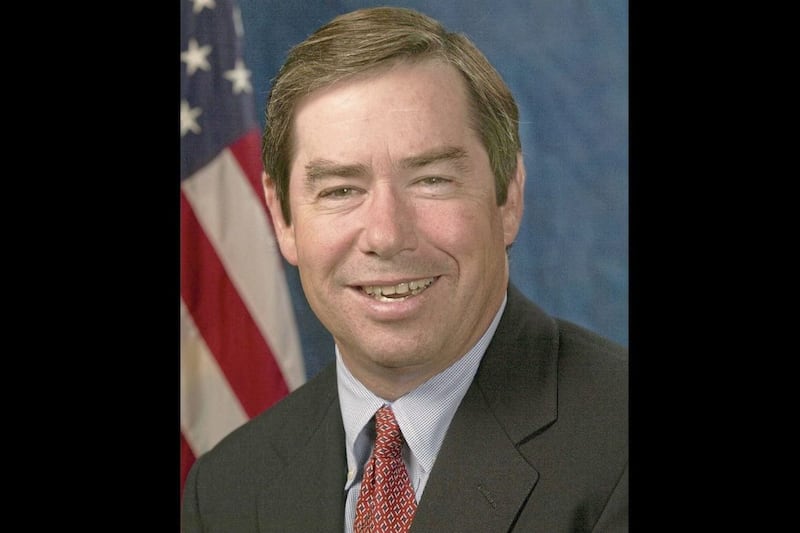SAMMY Wilson last night described the British government bill that seeks to override elements of the Withdrawal Agreement as a "step forward for Northern Ireland". But the DUP MP, who appears at the forefront of his party's efforts to wreck the treaty ratified by Westminster in January, stressed the need for more measures that would ensure closer regulatory alignment between post-Brexit Northern Ireland and Britain.
His party leader Arlene Foster had earlier said that obeying the law would not stop her party from trying to change it.
Seemingly rowing back on her recent acceptance that the Northern Ireland Protocol represented a done deal, the DUP leader said businesses needed "unfettered access" to the market in Britain alongside guarantees that the north's firms would not be discriminated against.
"In an interview a couple of weeks ago, I said we would obey the law and as ministers it is our legal duty to make sure that we look to the law, but that doesn't stop us from trying to change the law," she said.
"I will be working with all my colleagues in the DUP to try and ensure we listen to the voices of businesses and we make sure that we represent that voice."
Mr Wilson said the Withdrawal Agreement was "bad for Northern Ireland both economically and constitutionally".
"This bill is a step forward and a recognition by the government of the defects of the Northern Ireland Protocol and its potential impact on the internal market of the whole of the United Kingdom but more work is required," he said.
Deputy First Minister Michelle O"Neill said the British government had a "brass neck" in attempting to introduce legislation which Secretary of State Brandon Lewis has conceded will break international law in what he termed a "very specific and limited way" .
"Brandon Lewis and the entire British cabinet do not care about what happens to us in the north," Ms O'Neill said.
"They have demonstrated that time and time again they are prepared to use us here in the north as a pawn in the Brexit negotiations – this is an international agreement which was painstakingly struck after months of negotiations."
The British government claims the UK Internal Market bill introduced yesterday will give greater power to the devolved administrations and "protect jobs and trade across Northern Ireland" after the Brexit transition period ends on December 31.
It is designed to "guarantee companies can trade unhindered in every part of the UK", while maintaining what the official press release described as "our world-leading high standards for consumers, workers, food, animal welfare and the environment".
But criticism of the manner in which Boris Johnson appears to be unilaterally undermining the Withdrawal Agreement has come from many quarters.
Former British Prime Minister John Major said his successor's actions were putting Britain's international reputation at risk.
"Over the last century, as our military strength has dwindled, our word has retained its power," he said.
"If we lose our reputation for honouring the promises we make, we will have lost something beyond price that may never be regained."
SDLP leader Colum Eastwood MP said the bill was a "severe abdication" of obligations given by the British government in January.
He said it would "fatally undermine" the Northern Ireland Protocol and erode trust in the Brexit negotiations.
"People, businesses and communities in Northern Ireland need certainty about our economic future," the Foyle MP said.
"This bill leaves that future in the hands of ministers who have demonstrated consistently that they do not have our interests at heart."
Ulster Unionist leader Steve Aiken said his party took "little comfort" from the bill.
"Northern Ireland businesses and consumers deserve a level playing field with the rest of the United Kingdom and what has been presented does nothing to address the very fundamental issue of the importance of the continued free movement of goods within our own country from Great Britain to Northern Ireland," he said.
"The fact that we are even discussing this highlights the political naivety and stupidity of signing up to the appalling Withdrawal Agreement in the first place."








